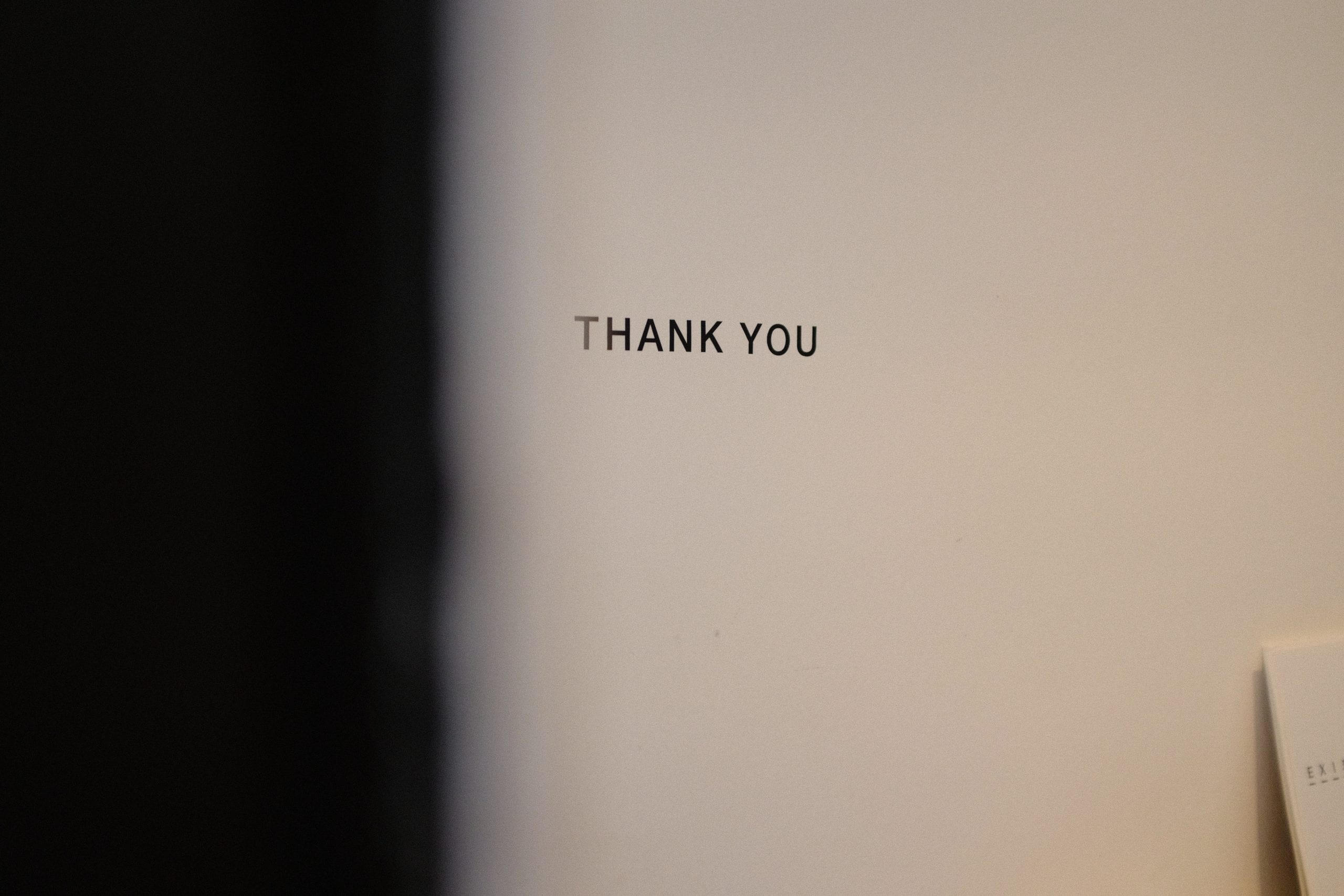The Daily Signal, a multimedia news platform founded by the Heritage Foundation, recently reported that Sen. James Lankford, R-Okla., raised a concern to U.S. Department of Homeland Security Secretary Jeh Johnson about the wording of a question on a test given to all immigrants who apply to become naturalized U.S. citizens.
In a congressional hearing Lankford said the U.S. Citizen and Immigration Services’ civics test includes the question, “What are two rights of everyone living in the United States?” He said, “It listed out six different things: freedom of expression, freedom of speech, freedom of assembly, freedom to petition the government, freedom of worship, the right to bear arms.”
Admitting this question has been on the test for 10 years, he believes the government is misrepresenting Americans’ First Amendment right to freedom of religion to immigrants who are applying to become U.S. citizens.
“We in the United States actually have freedom of religion, not [just] freedom of worship. Worship confines you to a location,” Lankford said. With the guarantee of freedom of religion, Americans have the unique ability to live our faith without government limiting us to worship in a particular building, he added.
“I’d love to see ‘freedom of worship’ switched to ‘freedom of religion,’” he said to Secretary Johnson.
The Daily Signal article quotes Sarah Torre, a policy analyst at The Heritage Foundation who argued there is a significant difference between “freedom of worship” and “freedom of religion.”
“This incorrect view of religious liberty argues that faith should remain a private affair – relegated to personal activities or weekend worship services,” she said. “Step outside the four walls of a home or house of worship and robust protection of religious freedom ends.”
The first 10 amendments to the U.S. Constitution were ratified by the states and called “The Bill of Rights.” The complete text of the first amendment reads, “Congress shall make no law respecting an establishment of religion, or prohibiting the free exercise thereof; or abridging the freedom of speech, or of the press; or the right of the people peaceably to assemble, and to petition the government for a redress of grievances.”
Many of those who initially made the dangerous trip to the shores of the land we call “America” did so because they were targets of religious persecution. In the 200-year period prior to the constitutional birth of the nation, many Europeans came to this land filled with ideal goals of freely worshiping and living their faith.
The First Amendment limits Congress, not the people. It prevents Congress from “prohibiting the free exercise” of religion, but it is silent about limitations on citizens.
Religious freedom is part of what makes the United States of America a great country. Let me underscore that it is the first freedom identified in the First Amendment to the Constitution. The amendment neither states nor implies that the practice of religion is confined to a home, a church facility or any other material building. We are free to practice our religion in the public square.
Freedom of religion is broad enough to embrace many beliefs and actions, including worship.
But if the government takes away our right to practice our faith, whether by subtle shifts or by those that are more drastic, we forfeit what God has provided and what the Constitution has protected.
Many oppressive countries allow their citizens the freedom to worship. The former Soviet Union, a self-described atheistic country, permitted “freedom of worship,” but they rejected “freedom of religion.”
If you listen carefully to leftist politicians, including President Obama and former Secretary of State Hillary Clinton, you will frequently hear them use the same “freedom of worship” rhetoric. The same leaders have a solid record of other hostile actions that show a disdain for the freedom of religion. Many of the lawsuits connected with Obamacare (the Affordable Care Act) are rooted in this hostility toward religious freedom.
But this rhetorical shift toward limiting freedom of religion to only “worship” is an extremely dangerous ideology that is driving the opposition to Religious Freedom Restoration Acts (RFRA) in the states. Read the story about North Carolina’s RFRA here.
Albert Mohler, president of The Southern Baptist Theological Seminary, recently posted on his blog an article titled, “‘It is Going to Be an Issue’ – Supreme Court Argument on Same-Sex Marriage Puts Religious Liberty in the Crosshairs.” I noticed that many Christian leaders quickly reacted to the same statement highlighted by Mohler.
He said the candid statement, “It is going to be an issue,” was spoken by the Solicitor General of the United States before the Supreme Court of the United States in the arguments April 27 over the issue of same-sex marriage. The Solicitor General was clearly saying that religious liberty is directly threatened by the legalization of same-sex marriage. Most alarming is the fact that robbing Americans of religious liberty did not seem to concern him or the administration he represents.
Mohler said, “Make no mistake. The Solicitor General of the United States just announced that the rights of a religious school to operate on the basis of its own religious faith will survive only as an ‘accommodation’ on a state-by-state basis, and only until the federal government passes its own legislation, with whatever ‘accommodation’ might be included in that law.”
So religious liberty in the minds of the current administration is no longer a right, but only an “accommodation” – one that has no promise of permanence. This, fellow Baptists, is the tragic, fragile plight of our present condition.
You will be enriched to read Mohler’s full blog at albertmohler.com.
History shows that it was Baptist pastors who have sacrificially championed the cause of freedom. They wisely and correctly believed that all other freedoms survive only with the solid foundation of religious freedom. They stood courageously and spoke boldly out of their convictions from biblical truth.
Will Baptist leaders follow the example of our forefathers and stand up for religious liberty, or will we find temporary solace in our comfort, silently abolishing all future liberties, including those of our children and grandchildren?


